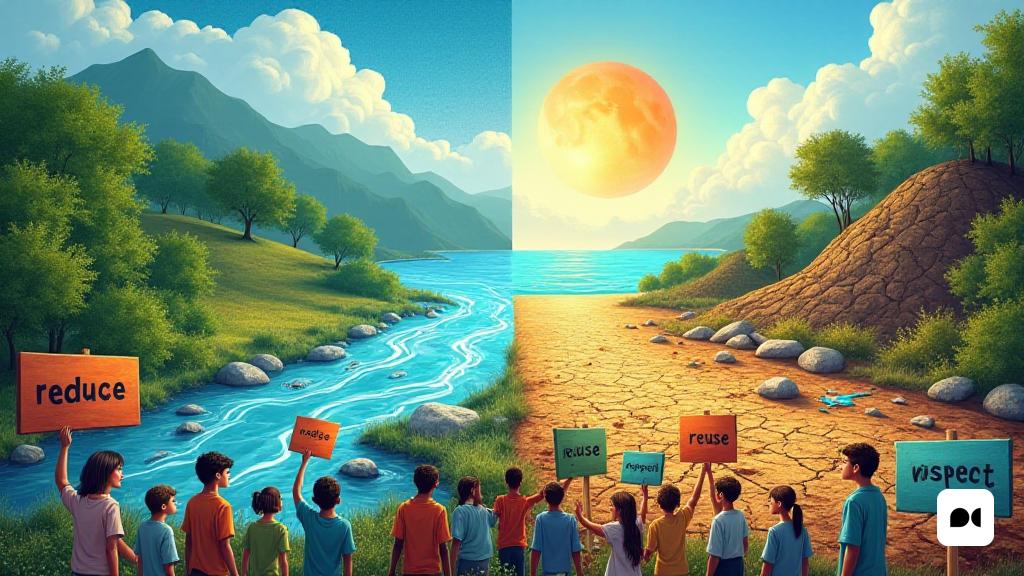The planet calls on the action
The Earth sends us increasingly clearer signs: the intensification of droughts, unusual heat waves, plastic saturated oceans and an alarming amount of food that is lost daily. However, a significant part of society, including political sectors, seems to remain indifferent to this reality.
A wall of inaction
Those who recognize the severity of the climate crisis strive to make changes, but we come across a resistance that comes from the ignorance and the comfort of maintaining things as they are. This dynamic reveals a systemic failure that we need to urgently address.
Consumption and resources
Our consumption habits are unsustainable. Every year, the day of the overload of the Earth reminds us that we will exceed the regenerative capacity of the planet. By 2025, Spain exhausted its natural resources on May 23. This involves living on the planet’s credit for seven additional seven months.
The imperative of the action
The challenge is not limited to well -elaborate speeches; requires a decisive action. Reduce consumption and use of resources is essential. Without this change, there will be no technology or innovation that can repair the damage already caused.
The importance of recycling
Recycling is a larger piece of puzzle. We need to prioritize reduction, reuse and repair before thinking about recycling. Adopting a circular and intelligent mentality will help us value and preserve resources.
The food waste
Food waste is another big problem. A third of global food production is lost or eliminated, while millions of people are hungry. In Europe, 88 million tonnes of food are wasted every year, a real ethical scandal.
Education: The key to the future
However, not all are negative news. Environmental education is presented as a powerful tool to reverse this trend. When children learn about sustainability from a young age, they can develop habits that will accompany them throughout their lives.
A shared duty
Caring for the planet is a collective responsibility. Families, communities, institutions and companies must collaborate on this mission. Environmental education can start at school, but responsibility rests with all of us.
Final reflections
Awareness of sustainability begins at school, while the decision to change comes from the heart of each individual. It is time to take action and act, because the future of our planet depends on our actions today.

